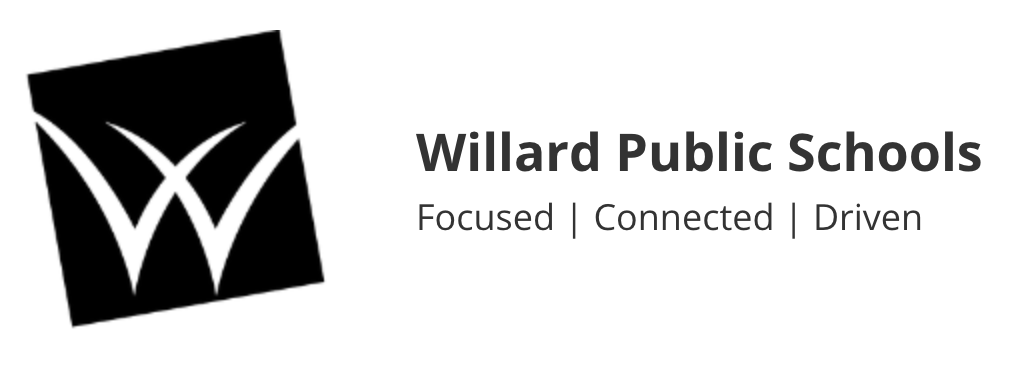
Willard Public Schools appears to offer an after-school program that is only for black female students, documents reveal
Incidents
On December 15, 2022, Willard Public Schools approved a Memorandum of Understanding (MOU) with Missouri State University to run an after-school program titled “Black Girl Talks: Hip Hop, Social Media, and Empowerment” during the 2022-2023 and 2023-2024 school years.
According to the program manual, the purpose is to “explore the role that hip hop and social media culture have on cultural environment and psychosocial development of Black adolescent girls.” It continues: “the purpose is to provide Black girls with an ‘identity-affirming’ after-school program in which they can address topics relating to racism, sexism, marginality, and discrimination in a safe space.”
The ten-week program includes icebreakers, group discussions, activities, and a culminating event.

Program content includes discussions such as “what it means to be black in college, especially at a predominately while [sic] school,” and for students to “describe times that they felt their education had been interrupted due to being a Black woman, discrimination, etc.”

Another lesson titled “Body Image” asks the girls to describe how they “view” their body, how it makes them “feel,” how does “being a Black girl influence how” they define their body image and feel about their body, and how has the “school, teachers, and/or administrators impacted” the students view of their own body.
The culminating project for the session features the students creating a TikTok video “showcasing a positive view of the [sic] own body image.”

The week five lesson titled “Racism” introduces students to “the idea of a race lightbulb moment.” The document describes a “race lightbulb moment” as “a time you became aware of being treated differently because of your race.” It continues by stating that students “need to think critically about the racism” they “are experiencing as well as the role of implicit bias.”
The lesson also generates a series of questions that prompt students to think about racism such as “how does racism impact how you navigate your school environment,” “how do you cope with the impacts of racism in your school,” and how they think racism has impacted them differently from the way it impacts a “Black man/boy.”

Stay Informed
